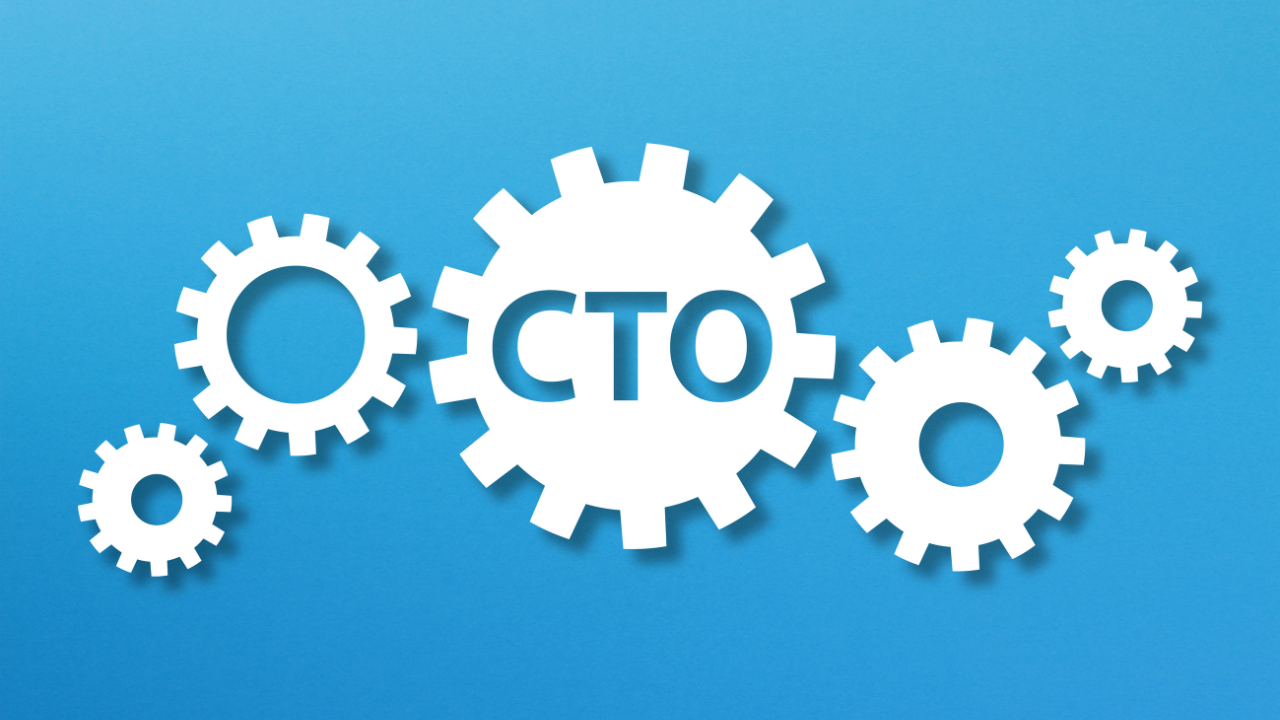Small and medium businesses face critical technology choices. Leadership decisions define future success. A Chief Technology Officer guides technical direction successfully. Hiring skilled technology leaders is always expensive. Businesses must weigh constant commitment against flexible expertise. The right choice impacts budgets and innovation speed greatly. Finding high-level strategic guidance remains essential always. This challenge becomes severe for growing operations. Companies like Northbuilt must optimize operational capital efficiently. They seek maximum strategic value for minimum investment risk. Both full-time and fractional models offer benefits. Understanding each model saves time and money. Careful evaluation ensures proper alignment of goals. This decision requires deep insight quickly.
The Cost and Control of a Full-Time CTO
A full-time CTO provides dedicated relentless focus. This leader works within company walls daily. They drive culture and manage internal teams constantly. Full commitment ensures technology alignment seamlessly. A dedicated CTO takes complete ownership immediately. This arrangement suits large businesses best. High salaries stock options benefits are required compensation. This high cost often prevents hiring for small firms. Smaller businesses lack funds for constant leadership. The full-time executive needs constant complex tasks. Utilizing their skills fully happens slowly sometimes.
The Flexibility and Expertise of a Fractional CTO
Fractional CTOs offer executive guidance part-time. They provide high-level strategy without full employment costs. This model delivers immediate senior expertise quickly. Companies pay only for required hours or projects. Fractional leaders usually possess broader industry experience. They advise multiple companies concurrently often. This wider view benefits internal strategy greatly. They implement new processes and suggest needed tools. A fractional approach is cost-effective always.
Comparing Impact and Scalability
The impact difference hinges on stage of growth. A full-time CTO builds internal capacity slowly. They focus on detailed team management daily. This structure increases operational stability surely. A fractional CTO focuses on strategic objectives instead. They deliver high-value planning quickly and move on. Fractional engagement speeds up key decisions immensely. Scaling up technology requires different leadership roles. When growth exceeds available strategic headspace the model changes. Small companies utilizing Northbuilt services need quick solutions first. Once operations stabilize the needs shift somewhat. Fractional experts prepare the company for permanent leadership. what is a fractional cto becomes clearer when comparing the strategic flexibility and scalability offered. They establish foundations systems and structures effectively. Transitioning to full-time leadership becomes smooth then. Consider immediate needs versus future complex management first.
Conclusion
Selecting the right CTO model depends entirely on current goals. Reviewing the budget determines financial viability immediately. If the need is tactical rapid strategy choose fractional. If the need involves daily team management choose full-time. Small businesses benefit hugely from fractional expertise first. Accessing top talent at an affordable rate is key. Northbuilt can hire strategic guidance without commitment risk. This ensures technological alignment without high overhead expenses.

